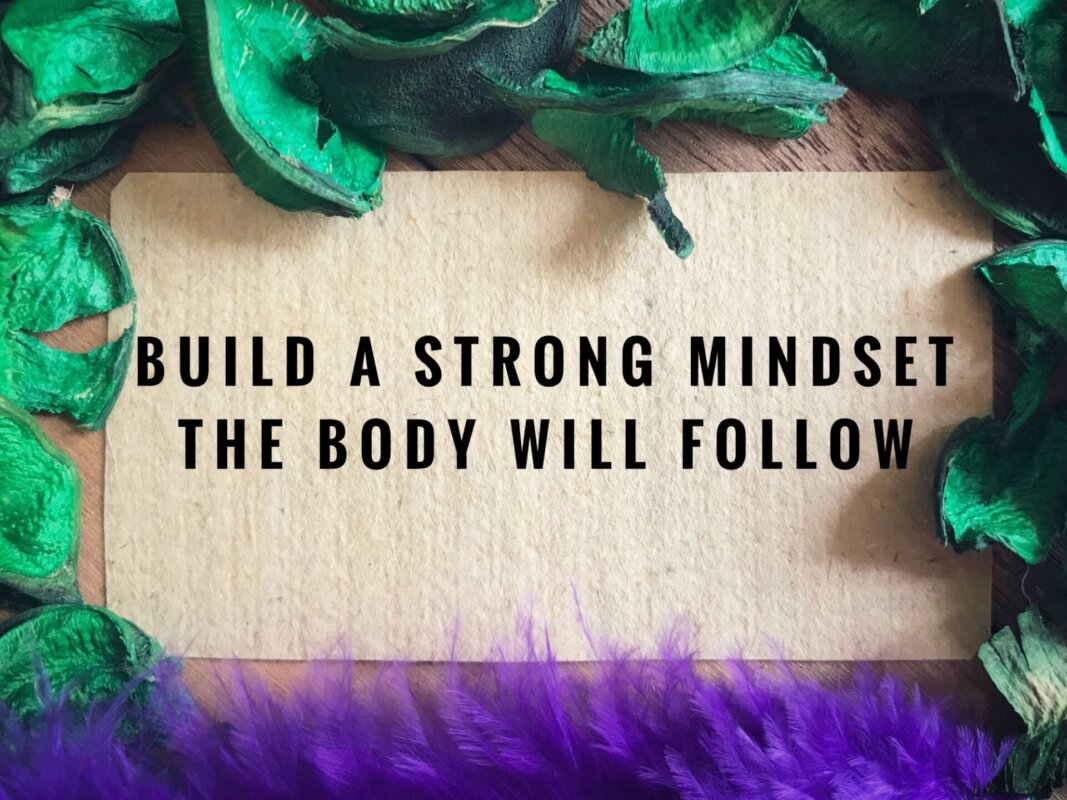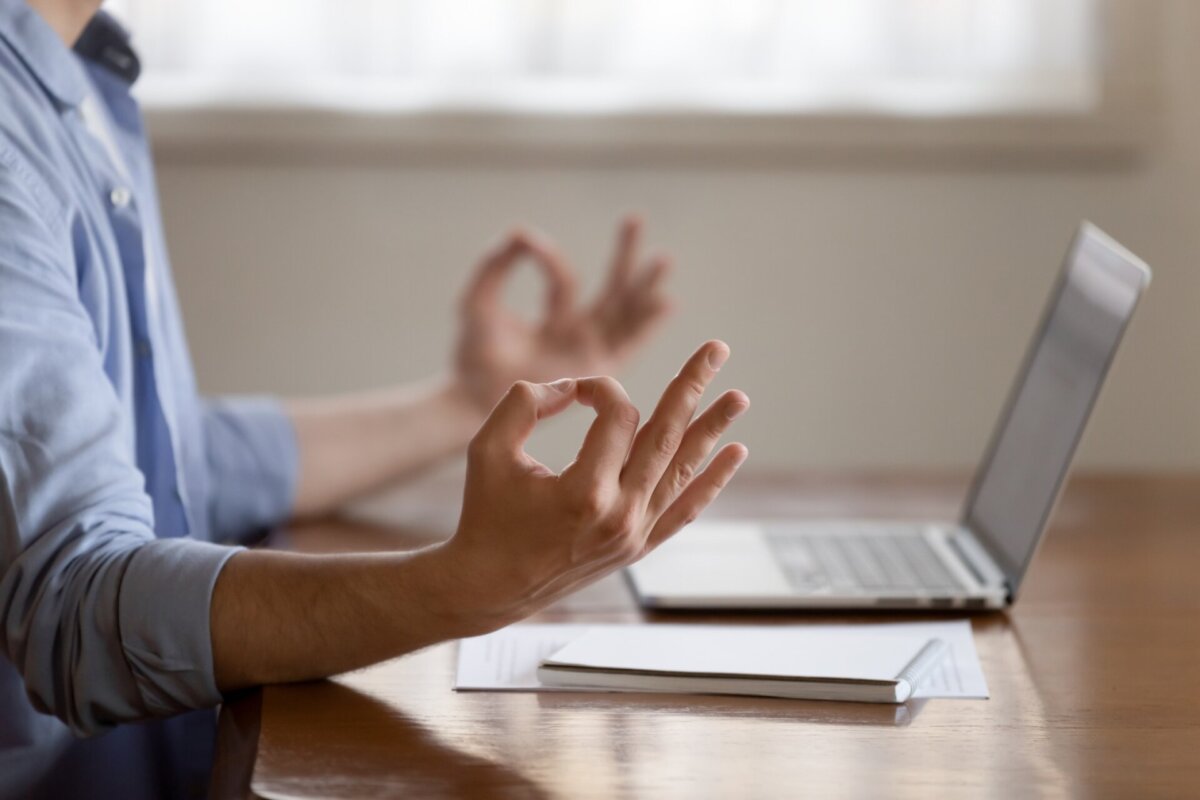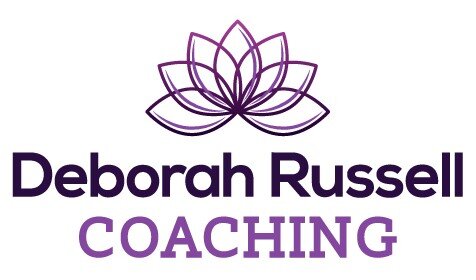Anxiety is everywhere.
Anxiety appears in several guises and with varied symptoms. It can affect you both physically and mentally and show up in how you behave. However, it’s not always obvious when anxiety is the cause of how you may be behaving differently.
There are a variety of causes of anxiety, but they usually fall into a form of panic or fear, and the sources of these differ from person to person. When anxiety kicks in, your body releases stress hormones such as adrenaline and cortisol which are useful hormones in certain situations but too much too often may be the cause of dangerous physical symptoms in the long term, such as elevated heart rate, sweating or eventual panic attack.
Regular anxiety, fear or panic can also be the main symptom of several health conditions. Do not self-diagnose – speak to a GP if you are worried about how you are feeling.
Here are some common physical symptoms: feeling that you are out of control, heavy perspiration, trembling, shaking, shortness of breath, or quick breaths, nausea, and headaches. Too much of this can lead to panic attacks. Continued symptoms of anxiety and stress over many years can lead to other more serious illnesses and statistically has been proven to reduce longevity.
What can you do to calm down anxiety?
- First step: when you change your mindset (in simple terms, your attitudes towards people, things or events), the energy level from which you are functioning changes too. Low energy projects a low self-worth type behaviour, “you win”, whereas high energy projects creativity and contagious positivity “we all win”. Remember you are human, and that anxiety can hit everybody at some time. Just question how you are coming across to others on a daily basis, and what others take away and then consider what happens to your energy under stress, for instance do you inspire confidence, provide support, motivate others, offer guidance and compassion or do you lose control?

- A Coach will help you to reduce anxiety by helping you reframe and dispel negative thoughts as they come into the mind and get you to talk about those difficult challenges, putting them into perspective, stimulating do-able solutions and moving you forward with a higher energetic approach around your life and work in general.
- Regular practise and the use of small exercises deploying the different senses can refocus the mind and re-circuit the brain’s thought patterns. Through regular reframing of thoughts, you recondition the mind to react differently and more positively, thus preventing negative thinking from spiralling into something which causes anxiety.

- Focus on the big picture and never lose touch with your purpose. Once you are in line with your ‘why i.e. “why you are excited to get out of bed in the morning”, what really matters becomes so much clearer.
- Talking about your feelings to a friend or health professional may be necessary. However, surrounding yourself with positive people, not those that drag you down, is something you can do yourself. Become untouchable to adversity!
- Short daily meditations. There are plenty of apps to help you with this, such as ‘Headspace’ www.headspace.com and ‘Calm’ www.calm.com,
But there are many other ways you can help yourself too. As a registered Coach for the NHS, I recommend looking at the anxiety-related support they provide online:
- Use calming breathing exercises https://www.nhs.uk/apps-library/stress-anxiety-companion/ or listen to other free mental wellbeing audio guides
- Having the right and regular exercise that you actually enjoy will help you relax. Other activities such as running, walking, swimming and yoga will calm your anxiety. If you go walking, try going out into nature with your phone turned off.
- Establish how well you are sleeping and get support if you are in doubt about how much quality sleep you are getting or for expert advice view NHS articles on how to get to sleep.
- a healthy diet with regular meals to keep your energy levels stable.
- Consider peer support, where people use their experiences to help each other. Find out more about peer support on the Mind website.
- Download relaxation and mindfulness apps or online community apps from the NHS apps library
Here are a few things to avoid:
- Doing everything at once – set small targets that you can easily achieve and be sure to finish one important task at a time and feel that satisfaction of ticking the box.
- focusing on the things you cannot change – focus your time and energy into helping yourself feel better
- those situations that make you anxious – try slowly reducing time spent in worrying situations to gradually minimise anxiety
- telling yourself that you are alone; most people experience anxiety or fear at some point in their lives
- over consumption of alcohol, cigarettes, gambling or drugs to relieve anxiety as these can all contribute to poor mental health
Identifying the cause:
If you know what is causing the anxiety, fear or panic, it might be easier to find ways to manage it if you can identify the cause:

Some examples of possible causes include:
- work – feeling pressure at work, unemployment, or retirement
- family – relationship difficulties, divorce or caring for someone
- financial problems – unexpected bills or borrowing money
- health – illness, injury or losing someone (bereavement)
- difficult past experiences – bullying, abuse or neglect
Even significant life events such as buying a house, having a baby or planning (or cancelling) a wedding could lead to feelings of stress and anxiety.
You might find it hard to explain to people why you feel this way but talking to someone could help you find a solution.
Some of these symptoms may help you to identify what can manifest:
- Feelings of anxiety that will not go away, anxiety is affecting your life – this may be a generalised anxiety disorder.
- An overwhelming fear of something that may happen to you (such as falling) or of a specific object, place, or animal – this may be a phobia
- Regular panic attacks – panic disorder.
- Often reliving traumatic experiences from the past which provokes nightmares and flashbacks – post traumatic stress disorder.
With my coaching hat on, I would encourage you to be mindful that how you react to things happening around you is your personal choice. You choose which lenses to look out of when you get up in the morning, and what energy you show up with.
Take the virus Covid-19 for example:
“What if the world has been asking us to take a pause”
“What do you want to do with this pause at this time”
There is no right or wrong answer to what you SHOULD be doing, so what would you LIKE to do with this time?
And if anxiety is making you feel anger or see black, whatever you may be experiencing, let it just be, until light is allowed to enter into that darkness because it too is a part of you.

Then finally ask yourself: “How well does my response or reaction work for me”, and question “how is it serving others?”.
But with this last question please remember to put on your own mask first and to protect yourself and your own anxiety because you cannot “give” to others or to this world the way you would like to, if you don’t have the energy yourself.
